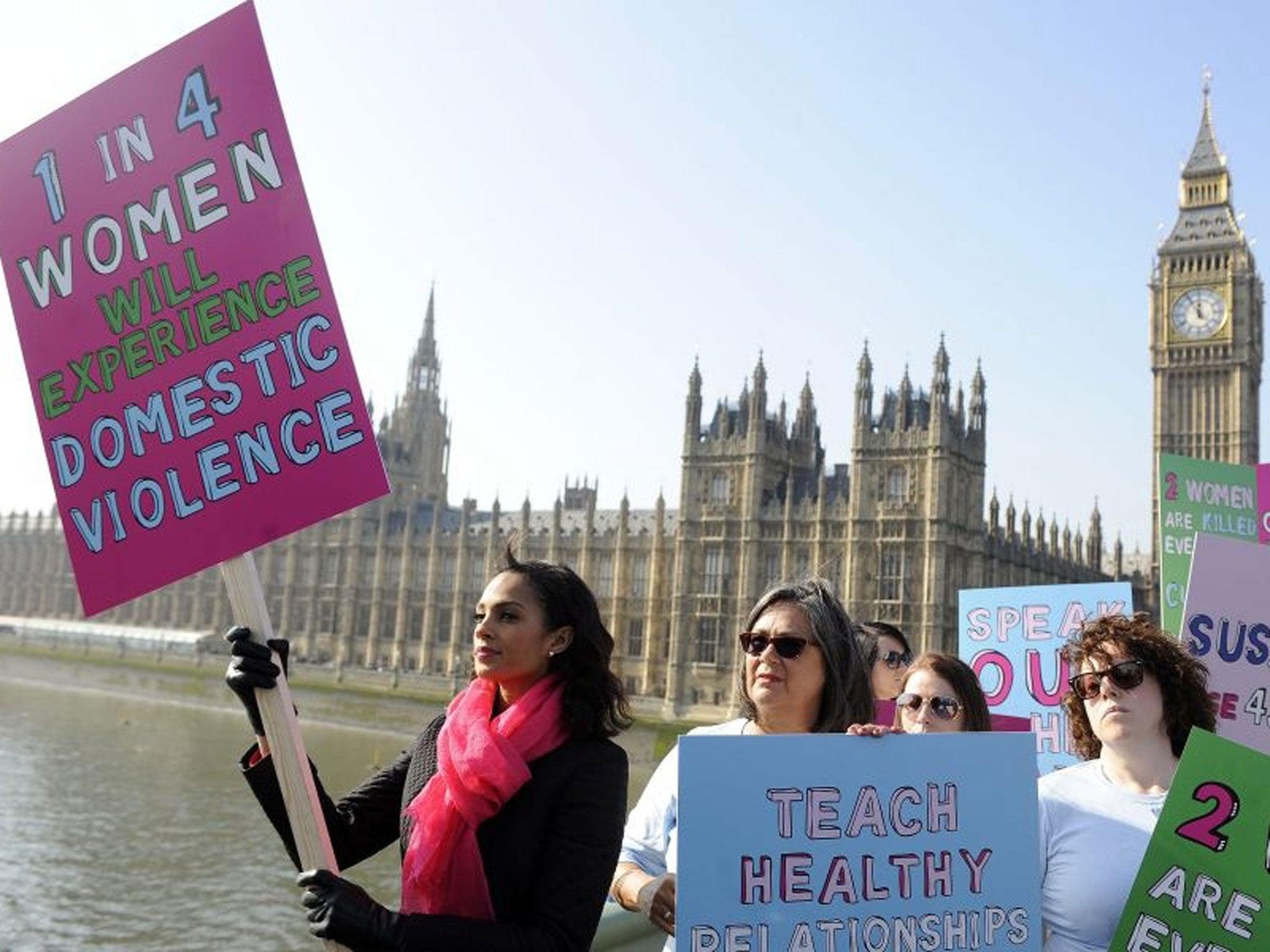International Women’s Day 2015: The shameful statistics that show why it is still important
We still have a long way to go in the mission for gender equality

Your support helps us to tell the story
From reproductive rights to climate change to Big Tech, The Independent is on the ground when the story is developing. Whether it's investigating the financials of Elon Musk's pro-Trump PAC or producing our latest documentary, 'The A Word', which shines a light on the American women fighting for reproductive rights, we know how important it is to parse out the facts from the messaging.
At such a critical moment in US history, we need reporters on the ground. Your donation allows us to keep sending journalists to speak to both sides of the story.
The Independent is trusted by Americans across the entire political spectrum. And unlike many other quality news outlets, we choose not to lock Americans out of our reporting and analysis with paywalls. We believe quality journalism should be available to everyone, paid for by those who can afford it.
Your support makes all the difference.International Women’s Day is fast approaching and this year’s theme is 'make it happen', a theme aimed at encouraging effective action for advancing and recognising women. And we do need to make it happen; in the workplaces where women still earn less than men; in the offices where women are rarely promoted; in the countries where women are regularly sexually abused and forced into marriage, and for the girls who are still forced to undergo female genital mutilation.
Here are just a few of the many reasons why we still need International Women’s Day more than a century after it was launched, summarised by Felicity Morse.
Globally, about one in three women will be beaten or raped during their lifetime. About 44 per cent of all UK women have experienced either physical or sexual violence since they were 15-years-old. Britain ranks among the worst countries in Europe when it comes to women being violently abused.
On average, 30 per cent of women who have been in a relationship report that they have experienced some form of physical or sexual violence by their partner. One in four women will experience domestic violence in their lifetime.
In England, two people are killed every week by a former or current partner. Thirty-eight per cent of all murders of women worldwide are committed by a woman's intimate partner.
A UN report found 99.3 per cent of women and girls in Egypt had been subjected to sexual harassment.
Female Genital Mutilation (FGM)
Over 130 million women living in the world today have undergone Female Genital Mutilation, a non-medical practice involving the partial or total removal of the external female genitalia. The procedure is usually carried out without aesthetic.
As many as 24,000 girls are at risk of cutting in the UK. There were almost 500 new cases of FGM identified in English hospitals in November 2014.
Marriage
Around 15 million girls, some as young as eight years old, will be forced into marriage in 2015.
An estimated 1.2m children are trafficked into slavery each year; 80 per cent are girls.
Women in ten countries around the world are legally bound to obey their husbands. In March last year, the UK's only forced marriage and honour-based abuse helpline received a record number calls, stretching capacity so far that some were going unanswered.
Only 76 countries have legislation that specifically addresses domestic violence – and just 57 of them include sexual abuse.
A documentary filmed in India recently saw the rapist of a woman who was brutally gang raped and killed on a Delhi bus blame his victim for the appalling attack: "A girl is more responsible for rape than a boy."
Working rights
In the UK, the gender pay gap stands at 17.5 per cent, with women on average earning £5,000 less a year than their male colleagues.
Globally only a 24 per cent of senior management roles are now filled by women.
The Equalities and Human Rights Commission estimates it will take 70 years at the current rate of progress to see an equal number of female and male directors of FTSE 100 companies.
This hurts everyone. The gender gap in certain industries is even more apparent and damaging. Zemach Getahun estimates that closing the gender gap in agriculture could reduce the number of hungry people in the world by up to 17 per cent.
If the skills and qualifications of women who are currently out of work in the UK were fully utilised, the UK could deliver economic benefits of between £15 to £21 billion pounds per year – more than double the value of all our annual exports to China.
Gender discrimination doesn't stop there. Pregnant mothers face even more of challenge when they try and return to the work place, with one in ten of those in low paid work demoted to a more junior role.
This article appeared in its original form in The Independent in March 2014.
Join our commenting forum
Join thought-provoking conversations, follow other Independent readers and see their replies
Comments